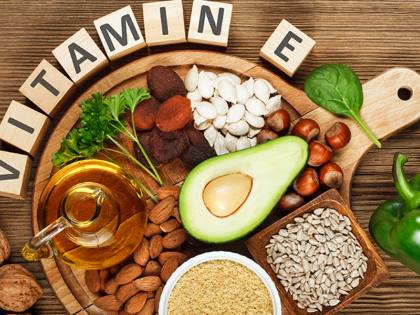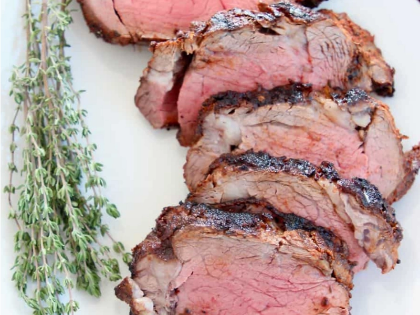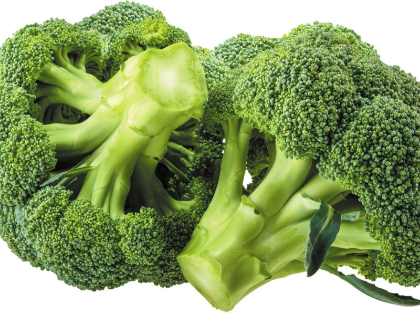The Importance of Beef in Senior Nutrition and Muscle Maintenance
1. Beef's nutritional advantages
Rich in critical minerals, beef is a major component of a senior diet. High-quality proteins abound in it; this is absolutely vital for preserving muscular mass and strength as we age. Amino acids, the building blocks of muscle, aid in tissue repair and growth. Apart from protein, beef offers vital minerals and vitamins, including iron, zinc, and B vitamins, all of which support senior general health and well-being.
2. The Part Protein Plays in Muscle Maintenance
People gradually lose muscular mass as they become older, in a process sometimes referred to as sarcopenia. Reduced strength, movement problems, and a higher fall and injury risk can all follow from this loss. Fighting this muscle loss calls for enough protein intake. Comprising all the necessary amino acids for muscle development and healing, beef is a complete protein source. Regular beef intake can help elderly people preserve their muscular mass and strength, therefore enhancing their physical ability and freedom.
3. Iron's and energy levels
Another vital mineral in beef is iron, especially in its heme form, which the body absorbs more readily than non-heme iron derived from plant sources. Reducing anemia—a disorder that can cause weakness and tiredness—requires enough iron consumption. Maintaining energy levels is absolutely vital for daily activities and general quality of life for seniors. Including beef in their diet can help guarantee they get enough iron to support their energy needs and increase their general vitality. 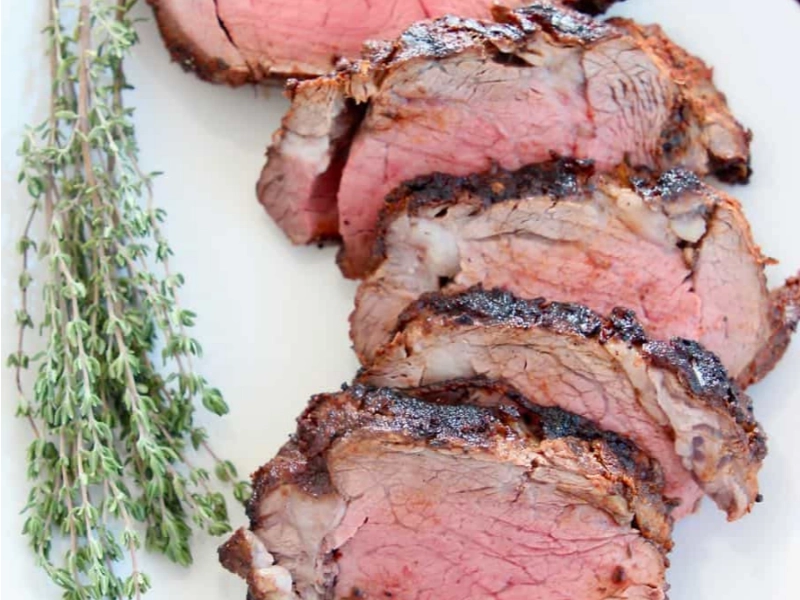
4. Supporting the immune system
Zinc is a vital element contained in beef, mostly responsible for immune system operation. Our immune system could diminish as we get older, increasing our susceptibility to diseases and infections. The growth and operation of immune cells depend on zinc, so a sufficient intake of this mineral can support the immunological reaction. Senior citizens can raise their zinc levels by including beef in their diet, boosting their enhanced immune system and resistance against illnesses. 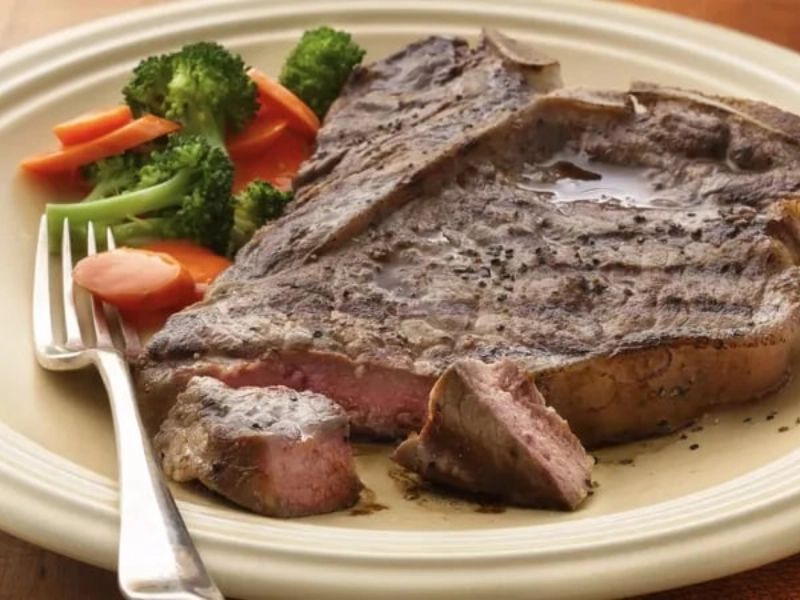
5. B vitamins for neurological function
Rich in B vitamins as well, beef has B12, B6, and niacin. Maintaining brain vitality and cognitive ability depends on these vitamins. Particularly vitamin B12 is essential for red blood cell synthesis and nerve operation. Lack of B12 could cause cognitive deterioration and neurological problems. By ensuring sufficient B vitamin intake from beef, seniors can help to preserve their cognitive function and lower their risk of memory-related problems. 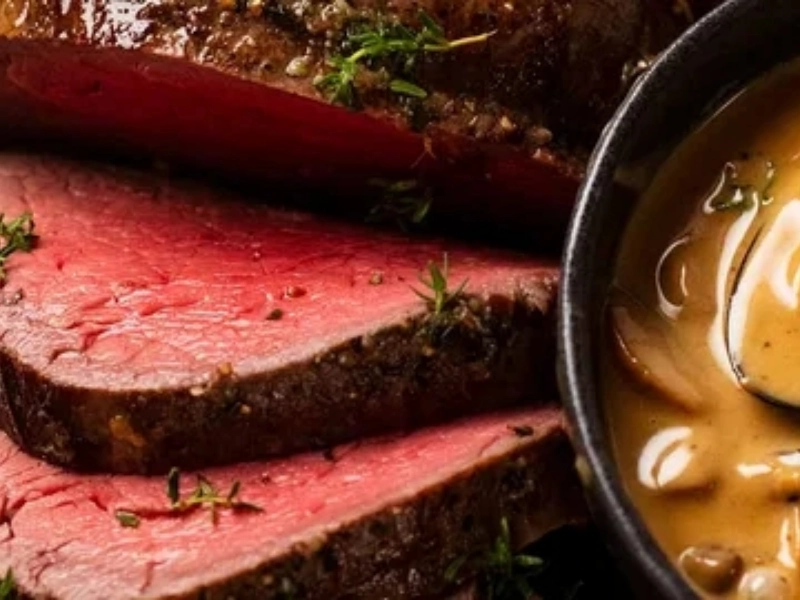
6. Useful Strategies to Incorporate Beef into the Diet
Seniors can readily include beef in their diets in many tasty and nutrient-dense forms. A flexible choice, ground beef can be used in casseroles, tacos, or meatballs. Grilled, roasted, or stir-fried lean cuts of tenderloin or sirloin can be selected to reduce saturated fat intake and yet get the protein and benefits beef provides. Combining beef with veggies results in well-balanced, nutrient-dense meals that are very pleasing.
7. Cooking and Preparation: Considerations
When cooking beef for elders, it's crucial to take cooking techniques that improve flavor and digestion into mind. Using a pressure cooker, braising, or slow cooking can help harder portions of beef be soft and simpler to chew. Marinating beef can also improve taste and include helpful minerals from herbs and spices. Encouragement of seniors to incorporate more beef in their diets might come from making sure meals are fun and easy to eat.
8. Handling Food Restraints
Although beef has several health advantages, some seniors might have dietary preferences or restrictions that limit their intake. Those with certain medical issues, such as heart disease, should see a doctor or dietician to find the best way to include beef in their diet. While following dietary recommendations, alternatives, including lean poultry or plant-based protein sources, can also be thought of as meeting nutritional requirements.
9. Synopsis
Senior nutrition and muscle maintenance depend much on beef, which offers vital elements supporting general health. While iron, zinc, and B vitamins support energy levels, the immune system, and cognitive health, their great protein content aids in combating muscle degradation. Senior citizens can improve their nutritional intake and support greater physical and mental health by including beef in their diets.Giving beef top priority in a balanced diet will greatly affect older individuals' quality of life, therefore preserving their freedom and vigor.





